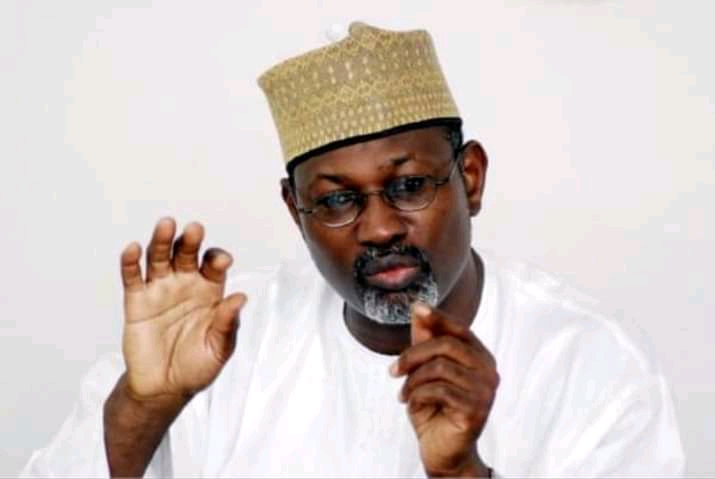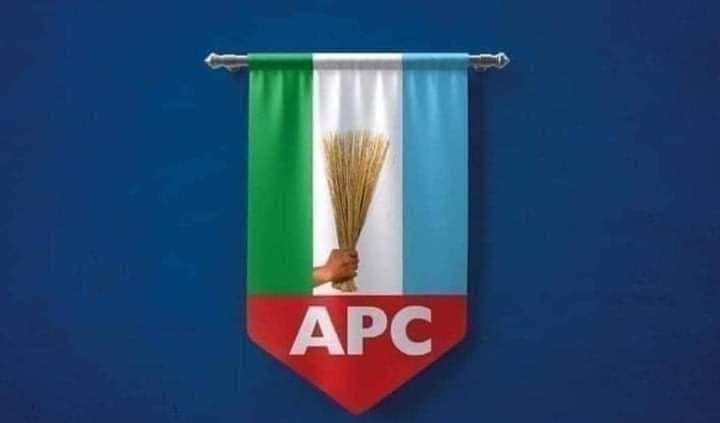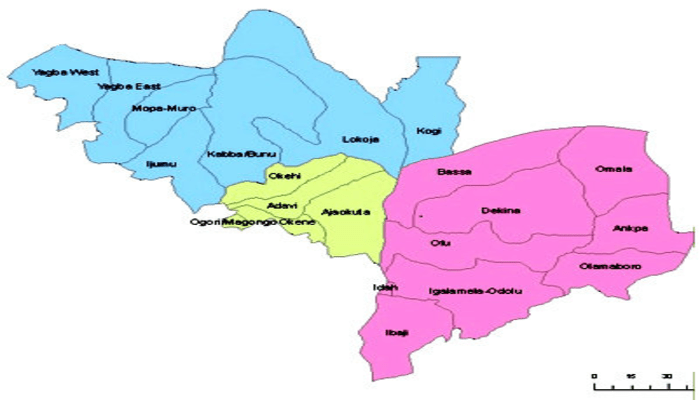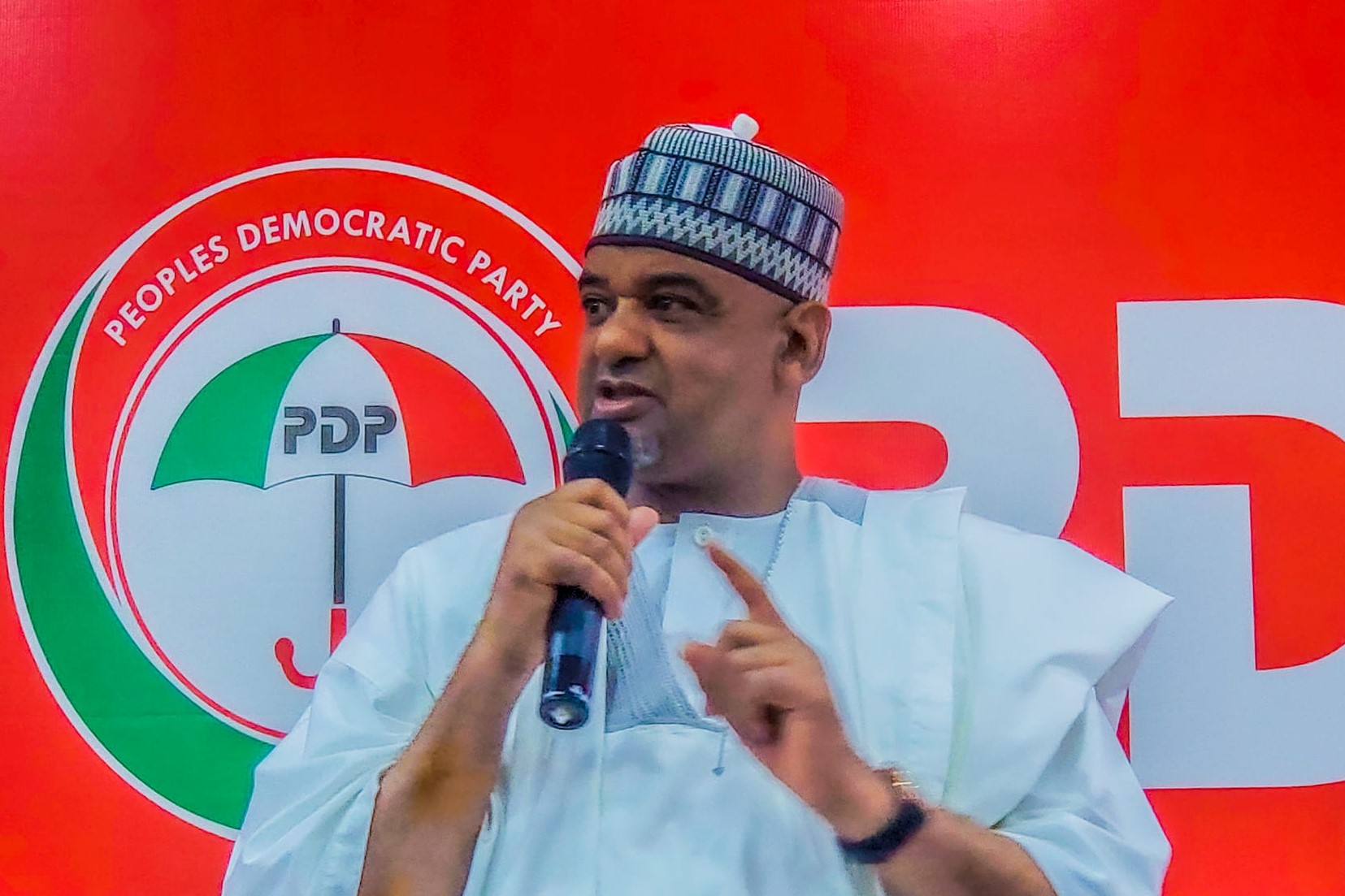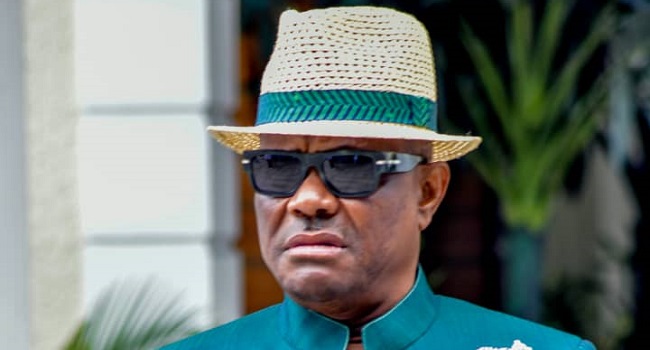By Bridget Tyam
The National Chairman of Inter-Party Advisory Council, IPAC, Engr. Yabagi Sani, has called for a strict enforcement of the regulations on election funding so as to prevent the monetisation of the electoral process and improve the level of trust between electorates and political party candidates.
The stakeholders made this known at a High-Level Policy Roundtable on Political Campaign Finance in Abuja.
IPAC Chairman said the need to step up enforcement of the regulation on election funding was born out of the imperatives of sanity and integrity in elections.
He said that a failure to do so could debase the voting process to the level of what he described as “a commodity for the highest bidder”.
Sani, who was represented by IPAC’s National Treasurer, Barrister Obidike Okolo, noted that the triple menace of trans-national drug trafficking, money-laundering and terrorism, had led to issues of corruption as well as the destabilisation of democratic philosophy.
He said while the controversial Electoral Amendment Bill (2020), if eventually assented to by President Muhammadu Buhari, will usher in the upgrading of what a presidential candidate can spend at elections from N1 Billion to N5 Billion, representing a 400% increment amongst others, there was a need for its enforcement to ensure compliance with the provisions of the law on political campaign finance.
This, he noted, would enable the country to avoid a situation where the country’s democracy is undermined in the long-term.
Sani said, “After the restoration of democracy, the Nigerian parliament enacted the first statute regulating election funding in 2005 and followed with an amendment to the Act in 2018.
“Yet another amendment with more comprehensive prohibitions came about in the 2020 Electoral Amendment Bill, still in the works as a result of disputes between the Legislative and Executive Arms over certain clauses and provisions.
“If the two arms are able to reconcile as it is hoped that they will, sooner than later, then the new regime of election funding in Nigeria will usher in the upgrading of what a presidential candidate can spend at elections from N1 Billion in the 2018 Act to N5 Billion, representing a 400% increment.
“A governorship candidate will now have the leverage of spending up N1 Billion from the previous N200 Million; a Senatorial candidate, N100 Million as against N40 Million and a candidate for the House of Representatives, will henceforth legally allowed to spend N70 Million instead of N30 Million in their respective election spending.
“However, political actors and commentators have been complaining that the new ceilings imply the monetization of the election process beyond the low-income groups in spite of their other qualifications,” he said.
In this context, it is feared that women, youths and people living with disabilities will be the most excluded from the political process and governance.
“Further, there is the observation that the big political parties would hardly want to give their tickets to their members who, are deemed not to have the capacity to generate either on their own, or, from wealthy donors to enable them cope with the big electioneering campaign funds.
“The more serious reservations about the potency of regulatory laws on elections is that such laws are hardly observed because of the poor or near-absence of enforcement mechanisms.
“An example of the brazen non-compliance with the law on election funding is the breach, especially, by the ruling political party or ruling political parties, of the provisions of the Companies and Allied Matter Act, CAMA, 2014 which prohibits corporate organizations and public institutions from donating to political parties or, candidates for the purpose canvassing for votes.
” It is an open secret that private sector corporations and public institutions and agencies mostly, surreptitiously, make huge donations for reasons of getting patronage from the government or, as a result of coercion by government officials.
“In our view, at IPAC, much as we believe like most Nigerians that the new election funding limits by the new Act is on the high side, we are however more concerned about enforcement and compliance.
“To achieve this objective, we are recommending, among others, that the Independent National Electoral Commission should be supported by all stakeholders in the exercise of its regulatory role.
“To this end, we in the IPAC leadership give the assurance that our Council will be more forthright and vigorous in spearheading the campaign for compliance by all political parties to the provisions of the law.
“Very importantly, IPAC is calling on the security agencies, particularly, the Economic and Financial Crimes Commission, EFCC, the Independent Corrupt Practices and other Related Offences Commission, ICPC and others, to be more responsive in the detection and enforcement of this critical Act whose breach has all the potentials of a long-term effect of undermining our democracy, “he said.
The INEC Chairman, Prof. Mahmood Yakubu, who stated this while speaking at a policy roundtable conference on political campaign finance organised by The Electoral Forum in Abuja on Friday, also said the electoral empire would also monitor the movement of money on election days to help tackle vote-buying at polling units.
Represented by Prof. Ajayi Kunle, who is INEC’s National Commissioner in-charge of party monitoring committee, Mahmood said through the Economic and Financial Crimes Commission, EFCC, commercial banks would be mandated to report all suspicious transactions ahead of the election while threatening to prosecute any bank that failed to cooperate.
He said, “As long as we have not notified anybody that the race to the 2023 general election has started, we are not unaware of what anybody is doing. We follow the law strictly.
“We have not officially declared notice for the 2023 general elections, but when we so declare, we will put our monitoring committees to motion like the central banks, the DSS, the EFCC, the ICPC, the (commercial) banks and other law enforcement agencies. We have that plan already.
.
“Every candidate must be made to declare his bank asset. That is where they draw out their money so we will make them to present their statement of account right from the onset.
“We will make it mandatory for them to turn in their bank statement so that if they say they are doing billboard and the account remains the same, then there is a problem.”
On the issue of vote buying, the INEC Chairman said, “We are going to establish finance monitoring teams and they will be among the electorate but they (politicians and political parties) won’t know. We are going to do it in a way that the influence of money will be reduced.
He said because we want to make the electoral field a level playing ground for both rich and poor candidates and electorates. Everybody will go on an equal economic level so that you won’t influence the voting pattern.”
According to him, besides the Electoral Act, the constitution empowers INEC to also make any other regulations that will assist its efficiency. The law, the Electoral Act empowers INEC to make other regulations.
In his speech ,the immediate past Chairman of INEC, Prof. Attahiru Jega, identified the lack of accountability and transparency in political campaign financing as key factors responsible for some challenges facing Nigeria’s electoral system.
According to Jega, “If we insist on accountability, then you can begin to somehow sanitise the way political parties raise funds. I think what has happened is that we paid too much attention on the issue of electronic transmission of results, and somehow they quickly passed the sections about raising the threshold. The civil societies did not pay much attention in their advocacy against this particular issue.
“Nevertheless, I wouldn’t advise or recommend that we delay the passage of the Bill on account of this particular issue. What we should be exploring are ways and means of ensuring that there is accountability about how these funds are raised and the spending ceiling is met as well as how the expenditure is done.”
Prof. Bayo Olukoshi, Chairman, The Electoral Forum ,said that Electoral finance had always been an issue as mind bugling resources were usually deployed by politicians to win power thereby giving even criminals or people entering the political system to use illegal or illicit money to buy power as it were.
“So it really is an important issue to confront as we move into an election year and intents and campaigns have already started in the lead up to 2023.
“The threshold was defied on what candidates may expect which raised a lot of other questions,of whether those levels have not been set at an height that effectively might exclude rather than include potentially good candidates.
“What we call money bags are probably the ones who are likely to be able to raise some of those kinds of resources that are defined within the parameters of the law, ” he said
Olukoshi said that more than that INEC needed the capacity to monitor the funding to be able to actually hold political parties and their candidates accountable to ensure that they do not exceed what is legally defined as the acceptable limits.
“Democracies that endure are inclusive ones .
“So you cannot consolidate a democracy if you are not able to address the question of participation ,setting parameters, including of a financial nature that ensures that a maximum number of interested candidates step forward without too much hindrance,”he noted.
Earlier,Princess Hamman-Obels,Director, The Electoral Hub and IRIAD in an introductory remarks noted that the meeting seeks to analyse the concept or campaign finance.
The electoral hub director said that the event will also explore best practices from around the world and discuss challenges from the Nigerian perspective.
Hamman-Obels,added that the roundtable would in addition make recommendations to address these challenges.
“The aim of the forum is to deepen the understanding of the electoral process in Nigeria as well as to provide solutions to improve electoral integrity and accountability.
“The policy roundtable will discuss the issue of campaign finance,including how best practices from around the world can inform efforts to improve regulation and monitoring of campaign finance in Nigeria,”she pointed out.
Aluta news reports that the Electoral Forum is an initiative of the Electoral Hub that Pools resource persons with other electoral stakeholders to conceptualise solutions to the unique problems facing electoral governance in Nigeria.
The electoral forum is supported by the Open Society initiative for West Africa and the MacArthur Foundation.
Copyright TRUSTAFRICA NEWS.
All rights reserved. This material, and other digital content on this website, may not be reproduced, published, broadcast, rewritten or redistributed in whole or in part without prior express written permission from TRUSTAFRICA NEWS.Contact: [email protected]


